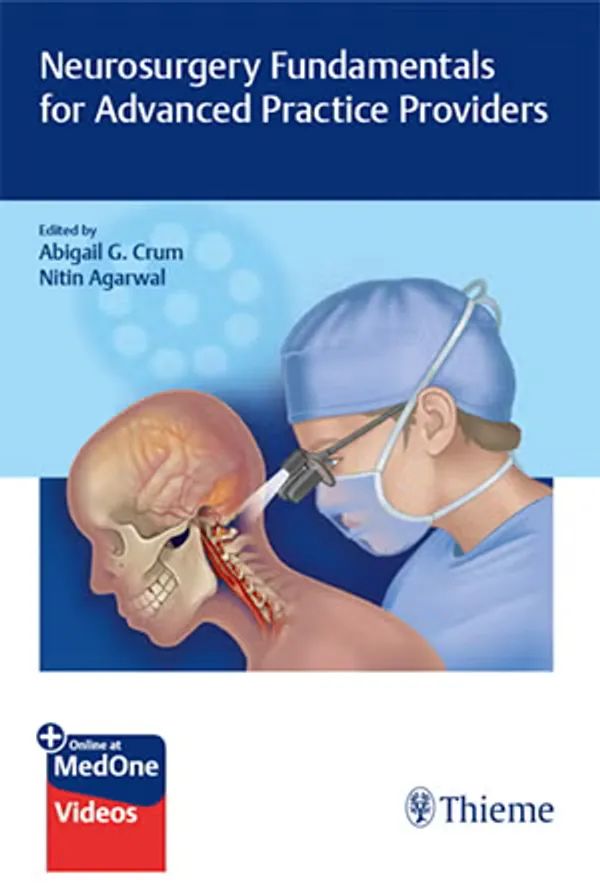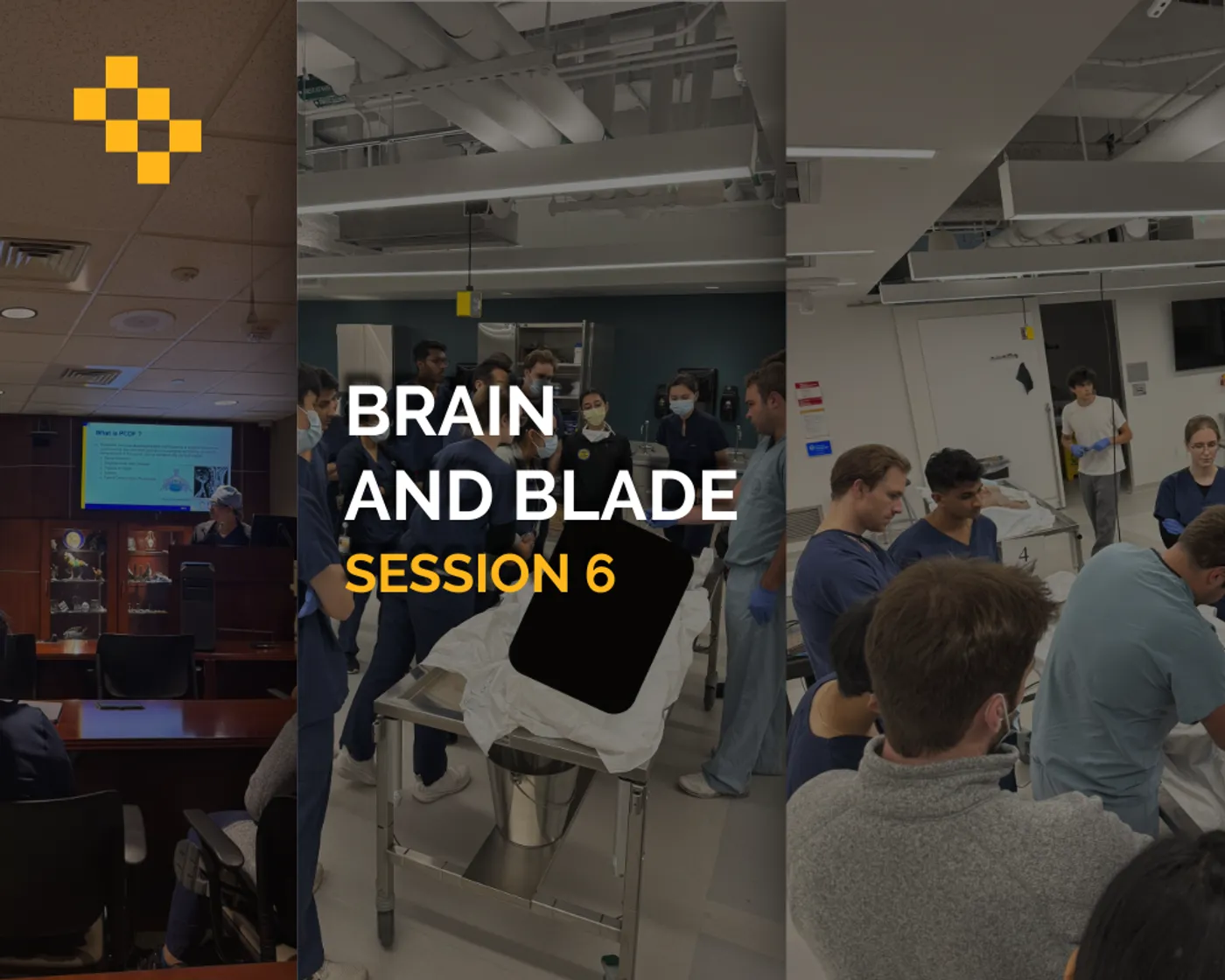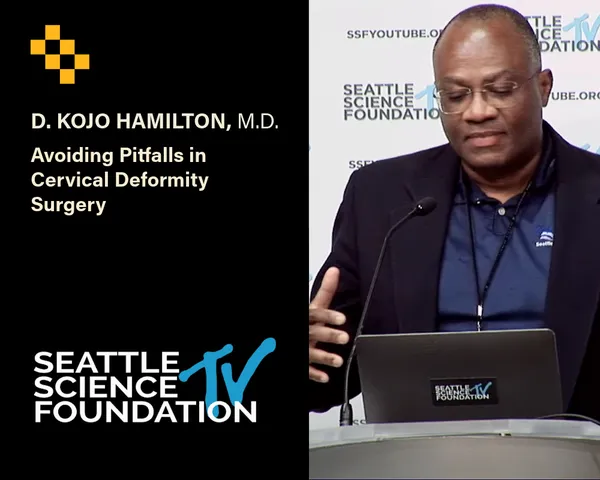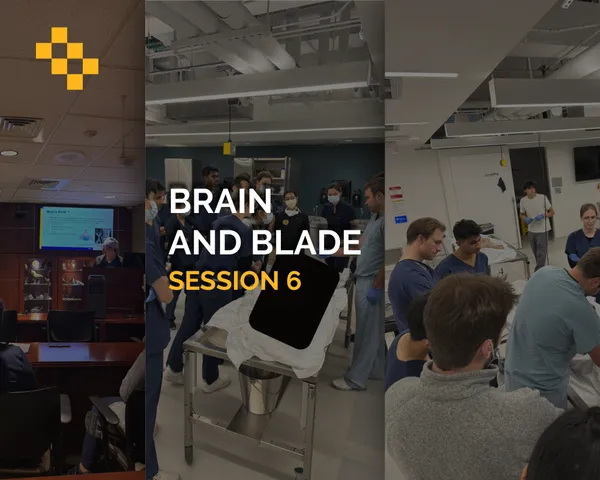The University of Pittsburgh School of Medicine’s Neurosurgery Interest Group (NSIG) recently hosted an impressive educational session focused on posterior cervical spine surgery, combining didactic learning with hands-on laboratory experience.
Educational Overview
This sixth installment of the “Brain and Blade” series concentrated on posterior cervical decompression and fusion procedures, essential techniques in neurosurgical practice for addressing cervical spine pathology. Students received comprehensive instruction on cervical spine anatomy, surgical approaches, and the technical aspects of spinal instrumentation.
Hands-On Learning Experience
The session’s highlight was the practical laboratory component, where students gained valuable tactile experience placing lateral mass screws. This hands-on training is crucial for developing the spatial awareness and manual dexterity required for spinal surgery. Lateral mass screw fixation is a fundamental technique used in posterior cervical fusion procedures to stabilize the cervical spine while avoiding injury to the vertebral artery and nerve roots.
Clinical Context
Posterior cervical decompression and fusion procedures are performed to treat various conditions including:
- Cervical spondylotic myelopathy
- Cervical spinal stenosis
- Degenerative disc disease
- Traumatic cervical spine injuries
- Cervical instability
The surgical approach allows neurosurgeons to decompress neural elements while providing rigid stabilization through instrumented fusion.
Acknowledgments
The session was made possible through sponsorship from Stryker Spine and DePuy Synthes, two leading medical device companies specializing in spinal instrumentation and surgical technology. Their support enabled students to work with actual surgical equipment and implants, providing authentic exposure to the tools they may use in their future careers.
Educational Impact
Sessions like these are invaluable for medical students exploring neurosurgery as a career path. The combination of anatomical education, surgical technique instruction, and practical laboratory experience provides comprehensive exposure to complex neurosurgical procedures. Under the guidance of faculty including members of the Pitt Neurosurgery department, students develop foundational knowledge and skills that will serve them whether they pursue neurosurgery or work alongside neurosurgeons in other specialties.
“This type of experiential learning exemplifies the commitment of academic medical centers to providing robust surgical education and fostering the next generation of neurosurgeons.”
Course Leadership
Course Director: Nitin Agarwal, MD (nitin.agarwal@upmc.edu)
Co-Director: David Fernandes Cabral, MD (fernandescabraldt@upmc.edu)
Course Administrators:
Shovan Bhatia (bhatia.shovan@medstudent.pitt.edu)
Sirisha Nouduri (nouduri.sirisha@medstudent.pitt.edu)
The Brain and Blade series continues to provide exceptional educational opportunities for medical students interested in neurosurgery. These hands-on sessions bridge the gap between theoretical knowledge and practical application, preparing the next generation of neurosurgeons with the skills and experience necessary for success in this demanding field.
